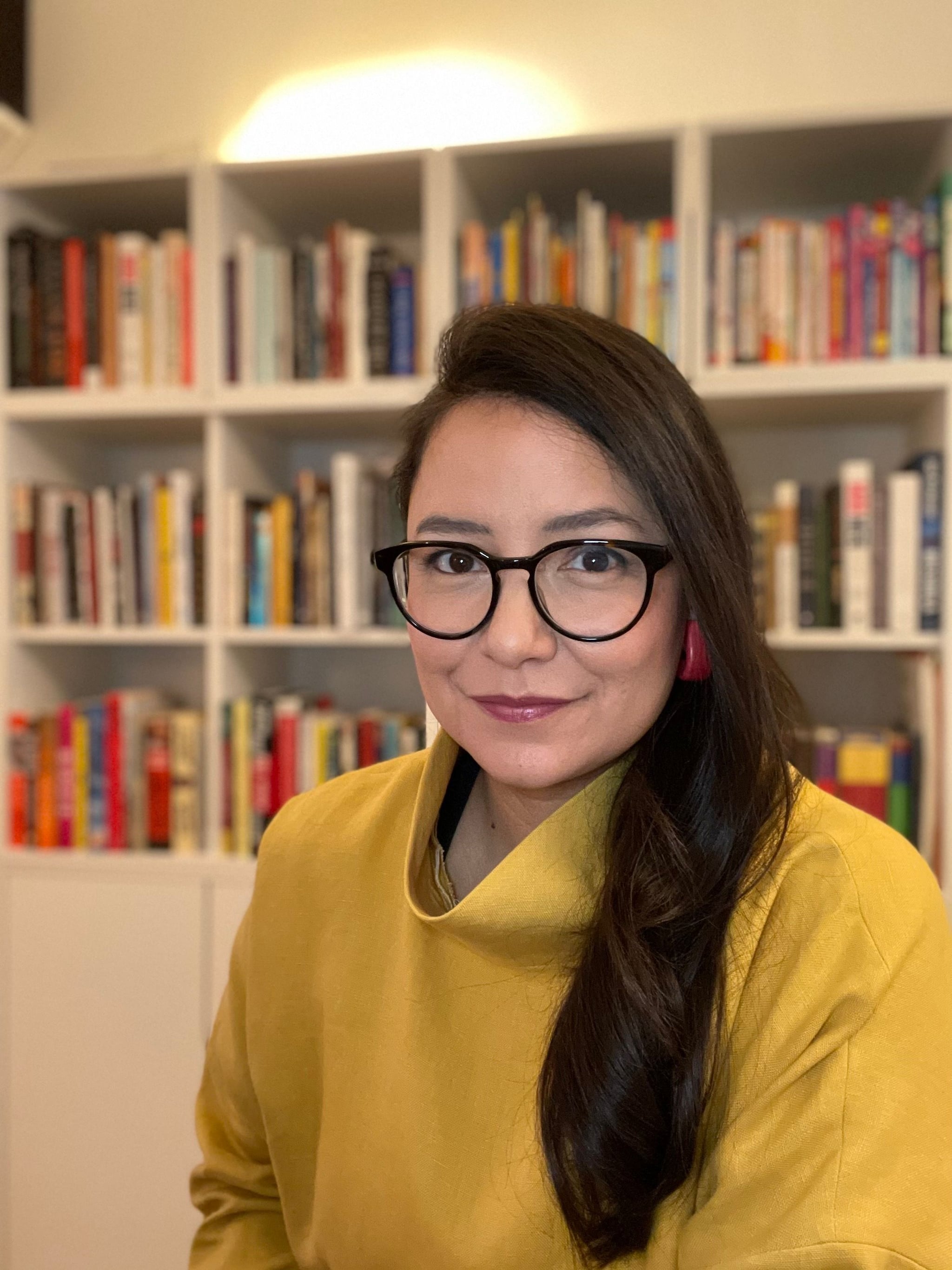Connie Walker on the Fight For Justice For Indigenous Women: "There Is So Much Work to Do"

It’s been exactly three years since Jermain Charlo, a then 23-year-old Indigenous woman living in Montana, went missing. While Charlo’s case remains unsolved, her story has shed light on the disturbing number of missing Indigenous women in the US, and why the quest for justice for Indigenous girls and women, everywhere, is so necessary.
The fact that we’re talking about this crisis is due in no small part to investigative journalist Connie Walker, who, in the spring, launched an eight-episode podcast on Charlo’s case. Stolen: The Search For Jermain, produced by Gimlet Media, follows up on leads in the investigation while simultaneously advocating for justice for all Indigenous women. “Indigenous girls and women deserve to have their stories told. Every single story is so important for the families who are living in this terrible limbo,” Walker told POPSUGAR. “I am an Indigenous woman, and I feel a responsibility to share these stories. I want people to understand our stories.”
With the podcast, Walker found an outlet to push past the headlines and share the rich culture and history of Indigenous communities. Inevitably, this means unpacking the trauma Indigenous people have suffered as a result of genocide, imperial war, and disenfranchisement. Yet Walker also captures the duality of Indigenous life — the suffering and the joy, the inequity and the persistence that drives this community forward. “The podcast allowed the opportunity to counter a lot of misconceptions and stereotypes about the Indigenous community, as well as served as a space to create empathy for Jermain and other missing Indigenous women,” Walker said.
These cases often receive little media attention, and that’s just one reason so many of them go unsolved. “Violence against Indigenous women is nothing new, and this violence is perpetuated by institutionalized racism,” Walker said. One in three Indigenous women experience sexual assault in their lifetime, and murder is the third leading cause of death in Indigenous girls and women ages 10 to 24. Barriers created by systemic racism, including the bias often reflected in the police response to these tragedies, have contributed to the decades of gendered violence against Indigenous women.
Source: Read Full Article

